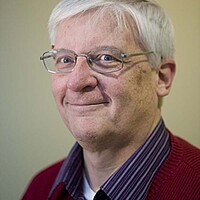A forward-looking maestro, with respect for a legacy
Loading...
Andris Nelsons has already thrown out a first pitch at Fenway Park, home of the Boston Red Sox baseball team. As a symphony conductor, he’s known for his youthful energy on the podium, using all of his sturdy six-foot frame to convey his thinking to an orchestra.
The vigorous 30-something maestro, born in Latvia, has been a highly sought-after artist in his native Europe. But in September he officially brought his baton to the New World, taking over as the 15th conductor of the Boston Symphony Orchestra, the youngest conductor to lead its musicians in a century.
His appointment crowns a youth movement among the leaders of America’s top orchestras that now includes, among others, Yannick Nézet-Séguin at the Philadelphia Orchestra, Alan Gilbert at the New York Philharmonic, and, perhaps most well known beyond the world of classical music, Gustavo Dudamel at the Los Angeles Philharmonic. All are decades younger than many of the musicians they lead. They’re also much younger than the average classical concertgoer. It’s easy to wonder: Will this new generation attract a younger and broader audience to classical music?
But that doesn’t seem to be the point. In a recent interview, the modest, gracious Mr. Nelsons emphasized his love of the traditional European repertoire. And he refuses to shove aside older audiences. “Maybe classical music in some sense appeals [to people] relatively later [in life],” he muses. “There’s nothing wrong with old[er] people coming to concerts.”
Nelsons himself, however, fell in love with classical music when as a 5-year-old his parents took him to hear a Wagner opera. He’s now married to opera soprano Kristine Opolais. But this isn’t to say his musical tastes don’t face forward, too. American composers John Harbison and Gunther Schuller will be on Boston’s schedule this season.
Will he set a new direction for an orchestra proud of its history? Nelsons fends off the idea diplomatically. “It is the beginning of our great journey,” he says with a smile.








